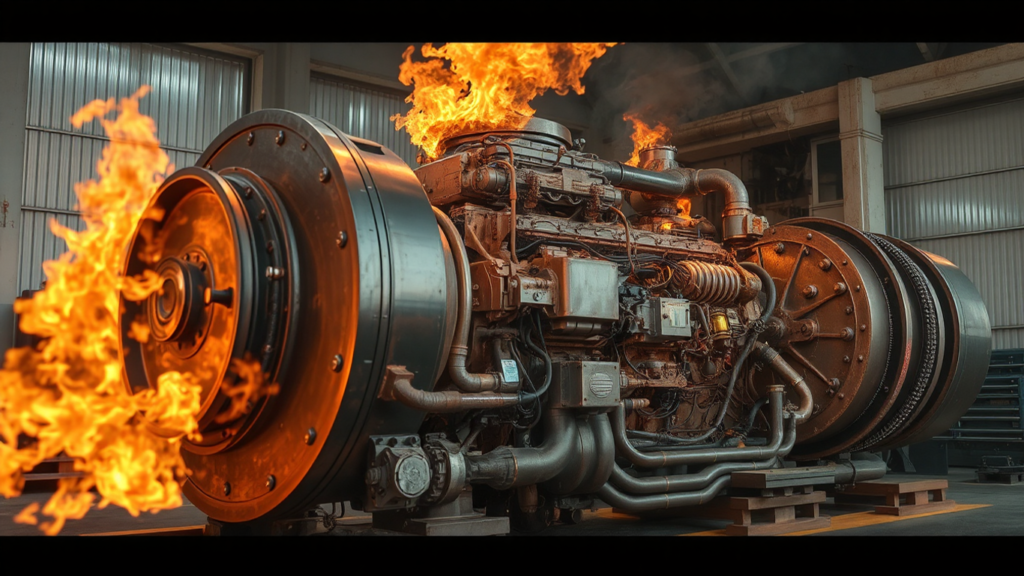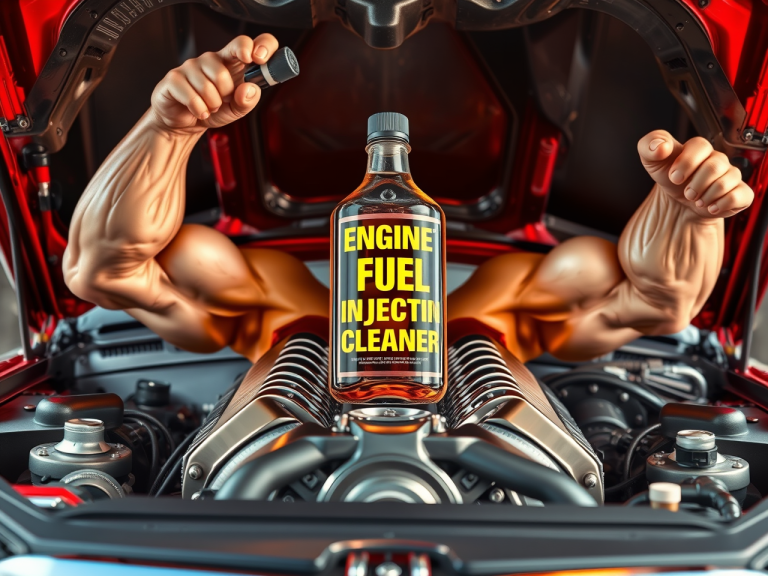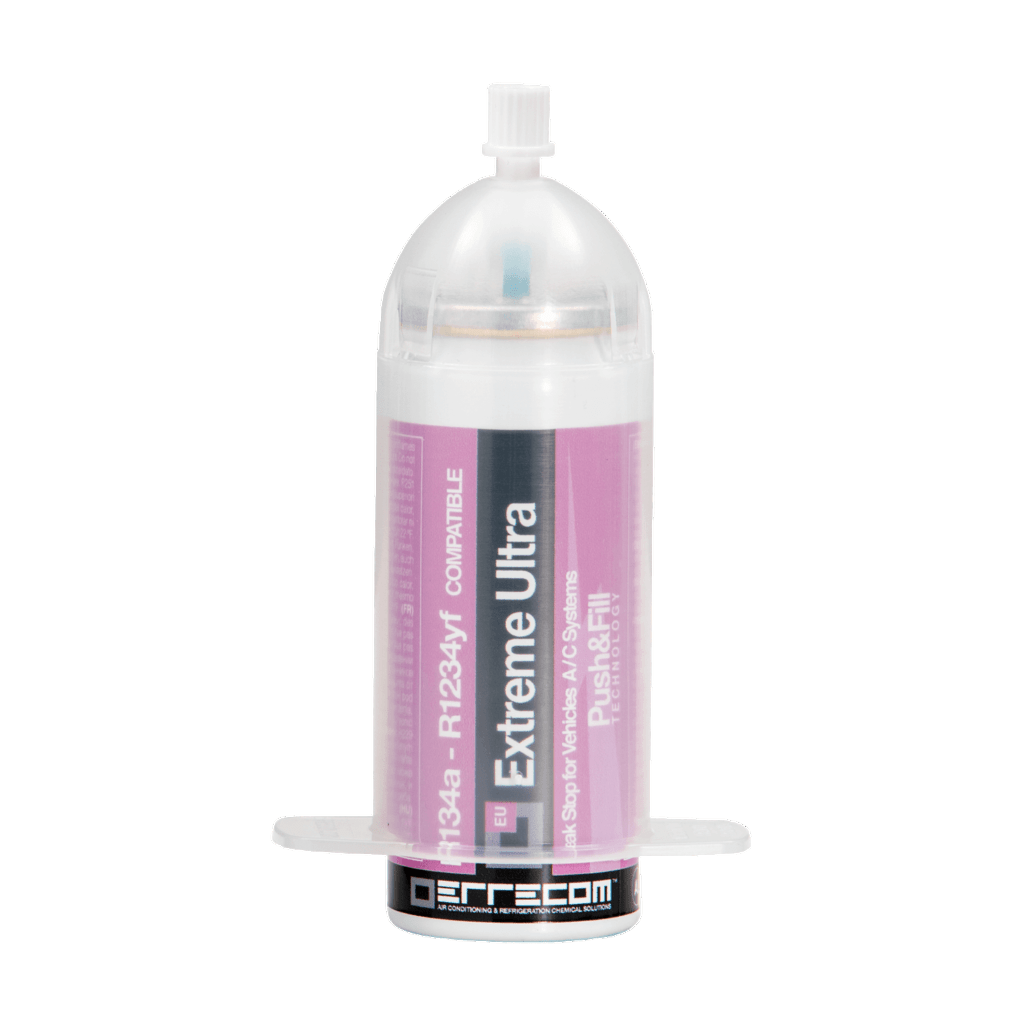How to Use Chemical Additives to Improve Fuel Efficiency

By Ali Hasan Omar | September 2, 2024
Introduction
As fuel prices rise and environmental concerns grow, vehicle owners are increasingly turning to chemical fuel additives to improve efficiency and save money at the pump. These products are designed to enhance fuel performance, improve engine cleanliness, and reduce maintenance costs. But how do they work, and how can you use them effectively? This guide will walk you through everything you need to know about using fuel additives to boost fuel economy.
What Are Fuel Additives?
Fuel additives are chemical compounds added to gasoline or diesel to enhance fuel quality and efficiency. While small in quantity, they can deliver big benefits, from cleaning engine components to preventing fuel system issues. Let’s explore the different types of additives and how they improve vehicle performance.
Common Types of Fuel Additives for Efficiency
- Fuel Injector Cleaners: These additives help clean and remove carbon buildup from fuel injectors, allowing for better fuel atomization and combustion. Clean fuel injectors improve engine efficiency by ensuring the proper air-fuel mixture is delivered to the engine.
- Octane Boosters: Octane boosters are designed to increase the octane rating of your fuel, which improves combustion in high-performance engines and prevents engine knock or pre-detonation. Better combustion can lead to more efficient fuel use.
- Cetane Boosters (for Diesel Engines): Similar to octane boosters for gasoline engines, cetane boosters increase the cetane number in diesel fuel, improving ignition and combustion efficiency.
- Fuel Stabilizers: Fuel stabilizers prevent fuel degradation, especially in vehicles that sit unused for extended periods. Fresh, stable fuel ensures efficient combustion when the vehicle is started again.
- Combustion Improvers: These additives enhance the fuel’s ability to burn more completely, reducing waste and improving fuel economy. They also help reduce harmful emissions.
- Friction Modifiers: These additives reduce internal engine friction by improving lubrication. Less friction means the engine can operate more smoothly, using less fuel to perform the same amount of work.
- Detergent Additives: These additives clean various parts of the fuel system, including the intake valves, carburetor, and combustion chamber, promoting better airflow and more efficient combustion.
- Fuel System Lubricants: Lubricants help reduce wear in the fuel pump and injectors, especially with low-sulfur diesel fuels, which can cause premature wear in diesel engines.
- Corrosion inhibitors: These additives prevent rust and corrosion from forming in the fuel system. They are particularly useful for vehicles in harsh environments, such as those exposed to saltwater or road salt.
- Anti-icing agents: These additives prevent water from freezing in the fuel lines, which can cause the engine to stall. They are particularly useful in cold climates or during the winter months.
Benefits of Using Fuel Additives

Fuel additives offer a wide range of benefits that can save you money and reduce your environmental impact. Here’s a deeper look at the key advantages:
1. Improved Fuel Efficiency
Additives like octane and cetane boosters help fuel burn more completely, allowing you to get more energy from every drop. This means fewer trips to the gas station and lower overall fuel costs.
2. Enhanced Engine Performance and Longevity
By keeping your engine clean and free of harmful deposits, additives can prolong engine life and maintain performance. This reduces the likelihood of costly repairs down the road.
3. Reduced Maintenance Costs
A cleaner, more efficient engine experiences fewer breakdowns and requires less frequent servicing, saving you time and money.
4. Environmental Benefits
By promoting cleaner combustion, fuel additives help reduce harmful emissions like carbon monoxide and hydrocarbons, contributing to a healthier planet.
5. Better Cold-Start Performance
Certain additives can improve your vehicle’s performance in cold weather, preventing fuel from crystallizing and ensuring a smoother start in winter.
How Do Fuel Additives Improve Fuel Efficiency?

Fuel additives improve fuel efficiency through a few key mechanisms:
- Improved Combustion: Additives clean fuel system components like injectors, intake valves, and combustion chambers, leading to more efficient fuel burn and less wasted fuel.
- Reduced Engine Deposits: Over time, carbon deposits can form on critical engine parts, reducing performance and fuel efficiency. Additives help dissolve and remove these deposits, restoring optimal fuel atomization and combustion.
- Enhanced Lubrication: Some additives provide better lubrication to moving parts within the engine, reducing friction and making it easier for the engine to perform, thus requiring less fuel.
- Octane or Cetane Boosting: Higher octane or cetane ratings help the engine operate more efficiently by preventing premature detonation and improving fuel ignition timing.
- Preventing Fuel Degradation: Fuel stabilizers ensure that fuel remains fresh and effective over time, reducing the chance of engine misfires and inefficient fuel combustion.
How to Choose the Right Fuel Treatment (Chemical Additives) for Your Car

With so many fuel treatments on the market, selecting the right one can feel overwhelming. However, choosing the appropriate fuel treatment is crucial for maintaining engine health, improving fuel efficiency, and extending your car’s lifespan. Here are key factors to consider when picking the right fuel treatment for your vehicle:
- Fuel Type
Start by identifying your vehicle’s fuel type—gasoline or diesel. Each type has a distinct fuel system that requires specific treatments, so ensure you choose a product designed for your car’s fuel type. - Purpose
Fuel treatments serve different purposes, such as cleaning, lubricating, or boosting performance. Decide on your primary goal before buying. For example, if you’re aiming to clean the fuel system, look for a treatment with strong cleaning agents. - Brand Reputation
Opt for a trusted brand with positive reviews. Research customer feedback online, and seek recommendations from your mechanic or friends who have experience using fuel treatments. - Ingredients
Examine the ingredients listed on the label. Look for treatments with high-quality components, and avoid those containing harmful chemicals like alcohol, which could damage your engine. - Price
Fuel treatments come in a range of prices. While a higher price doesn’t always mean better quality, it’s important to balance cost with your vehicle’s specific needs. Choose a product that fits your budget while delivering the required benefits. - Compatibility
Ensure the fuel treatment is compatible with your vehicle’s make and model. Some treatments may not be suitable for certain cars and could potentially harm the engine.
Step-by-Step Guide to Using Fuel Additives
Step 1 – Identify the Right Additive
Before using any additive, it’s important to identify what your vehicle needs. Check your vehicle’s performance history and any symptoms it may be exhibiting, such as:
- Reduced Fuel Efficiency: This could indicate dirty fuel injectors or carbon buildup.
- Rough Idling or Misfiring: Octane or cetane boosters may be needed.
- Black Smoke from Exhaust (Diesel): A cetane booster or combustion improver might be helpful.
- Long-term Storage: Fuel stabilizers are essential for vehicles that sit idle for extended periods.
Step 2 – Read the Manufacturer’s Instructions
Always follow the manufacturer’s guidelines on how to use a specific additive. Each additive has different concentrations, application methods, and frequency of use. Misusing additives can lead to engine damage or decreased performance.
Step 3 – Add the Correct Amount
Fuel additives come in concentrated forms, so adding the correct amount is crucial for optimal performance. In most cases, the instructions will specify how much to add per gallon or liter of fuel. Measure carefully to avoid under-dosing (which could render the additive ineffective) or over-dosing (which could harm engine components).
Step 4 – Add the Additive to the Fuel Tank
Most additives are simply poured into the fuel tank before filling up. Doing so ensures the additive mixes evenly with the fuel for consistent performance improvement. For fuel injector cleaners or octane boosters, it’s best to add them when the tank is close to empty and then fill the tank with fuel to maximize mixing.
Step 5 – Drive to Circulate the Additive
Once the additive is in the tank, start the vehicle and drive normally. The additive will work its way through the fuel system, cleaning and improving performance as the fuel is burned. Some benefits, such as improved fuel economy, may not be immediately noticeable but will become apparent after a few tankfuls.
How Often Should You Use Fuel Additives?
The frequency of using fuel additives depends on the type of additive and your driving habits. Some additives, such as fuel injector cleaners or combustion improvers, may only need to be used every 3,000 to 5,000 miles (5,000 to 8,000 Km). On the other hand, fuel stabilizers should be used any time you store your vehicle for more than 30 days.
Do Fuel Additives Really Work?
While some skepticism surrounds the use of fuel additives, many studies and user reports suggest they can offer real benefits, particularly in older or high-mileage vehicles. The key is using the right additive for your specific needs and following the manufacturer’s instructions carefully.
Additional Tips for Improving Fuel Efficiency
In addition to using chemical additives, there are several other steps you can take to improve fuel efficiency:
- Regular Maintenance: Keeping up with oil changes, air filter replacements, and spark plug inspections will ensure your engine runs efficiently.
- Proper Tire Inflation: Under-inflated tires can reduce fuel efficiency by increasing rolling resistance.
- Drive Smoothly: Avoid rapid acceleration and hard braking, which waste fuel.
- Lighten Your Load: Extra weight in your vehicle reduces fuel economy, so remove unnecessary items.
Conclusion
Fuel additives can be an effective way to improve fuel efficiency, reduce engine deposits, and enhance overall vehicle performance. By selecting the right additive for your needs and using it according to the manufacturer’s guidelines, you can enjoy better fuel economy and potentially extend the life of your vehicle. Combine this with regular vehicle maintenance and smart driving habits, and you’ll get the most out of every tank of fuel.
FAQs
Are fuel additives safe for my vehicle?
When used as directed, fuel additives are generally safe and can provide significant benefits. However, it's important to choose the right type of additive for your vehicle's fuel type and engine specifications to avoid potential issues.
How do I choose the right fuel additive for my car?
Start by identifying the fuel type (gasoline or diesel) and the specific problem you're looking to address (cleaning, lubricating, or boosting performance). Research reputable brands and read customer reviews to gauge effectiveness. Check the ingredients to ensure they are of high quality and compatible with your engine. Finally, consider the price and ensure it fits within your budget while delivering the required benefits.
How often should I use fuel additives?
The frequency of use varies depending on the type of additive. For instance, fuel injector cleaners and combustion improvers may be used every 3,000 to 5,000 miles (5,000 to 8,000 Km). Fuel stabilizers should be added whenever the vehicle is going to be stored for more than 30 days to prevent fuel degradation.
Can fuel additives clean my engine?
Yes, many fuel additives are specifically formulated to clean engine components. They can dissolve carbon deposits in fuel injectors, intake valves, and combustion chambers, helping to restore optimal performance and fuel efficiency. Regular use can lead to a cleaner engine and prolong its lifespan.
Will using fuel additives reduce my maintenance costs?
By maintaining a cleaner engine and improving overall efficiency, fuel additives can lead to fewer mechanical issues and less frequent servicing. This can ultimately save you money on repairs and maintenance, as a well-maintained engine is less likely to break down.
Do fuel additives help with cold starts?
Certain additives are formulated to enhance cold-start performance. They help prevent fuel crystallization in low temperatures, ensuring smoother engine starts during cold weather. This can be particularly beneficial in regions with harsh winter conditions.
How do I properly use fuel additives?
To use fuel additives effectively, first, identify the right type for your needs. Read the manufacturer's instructions carefully to understand the correct dosage and method of application. Add the recommended amount to your fuel tank before filling up to ensure proper mixing. After adding, drive the vehicle normally to allow the additive to circulate through the fuel system.
Do fuel additives really work?
Numerous studies and customer testimonials indicate that fuel additives can offer significant benefits, especially for older or high-mileage vehicles. The effectiveness of additives often depends on selecting the right product for your specific needs and following the manufacturer’s instructions carefully.
Are there environmental benefits to using fuel additives?
Yes, fuel additives can contribute to a cleaner environment. By promoting more efficient combustion, they reduce harmful emissions such as carbon monoxide and hydrocarbons. This helps lower the vehicle's overall carbon footprint, making it a more eco-friendly choice.
Can I use fuel additives in any type of vehicle?
Not all fuel additives are suitable for every vehicle. It’s crucial to select an additive specifically designed for your vehicle's fuel type and to ensure compatibility with its engine. Always read the label to avoid using additives that may harm your vehicle.
How do I know if my vehicle needs a fuel additive?
Signs that your vehicle may benefit from a fuel additive include reduced fuel efficiency, rough idling, or black smoke from the exhaust in diesel engines. If your vehicle has been sitting idle for a long time, a fuel stabilizer is also recommended.
What additional steps can I take to improve fuel efficiency?
In addition to using fuel additives, consider the following practices to enhance fuel efficiency:
- Regular Maintenance: Regular oil changes, air filter replacements, and spark plug inspections help keep your engine running smoothly.
- Proper Tire Inflation: Keeping tires properly inflated reduces rolling resistance, improving fuel economy.
- Drive Smoothly: Avoid rapid acceleration and hard braking to conserve fuel.
- Lighten Your Load: Removing unnecessary items from your vehicle reduces weight and enhances fuel efficiency.







